
China
21:25, 23-Oct-2017
Six takeaways: Building a beautiful China
By John Goodrich
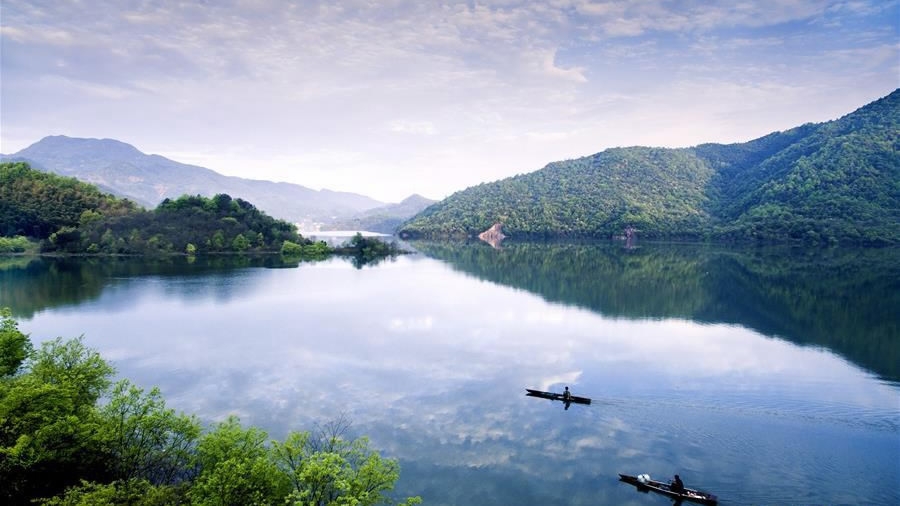
China has declared war on pollution but the public’s expectations have not yet been met, senior officials said at the sixth press conference of the 19th CPC National Congress on Monday afternoon.
Here are six highlights from the question and answer session following a briefing on pursuing green development and building a Beautiful China by Yang Weimin, Deputy Director of the Office of the Central Leading Group on Financial and Economic Affairs, and Li Ganjie, Minister of Environmental Protection and secretary of the ministry's Leading Party Members’ Group.
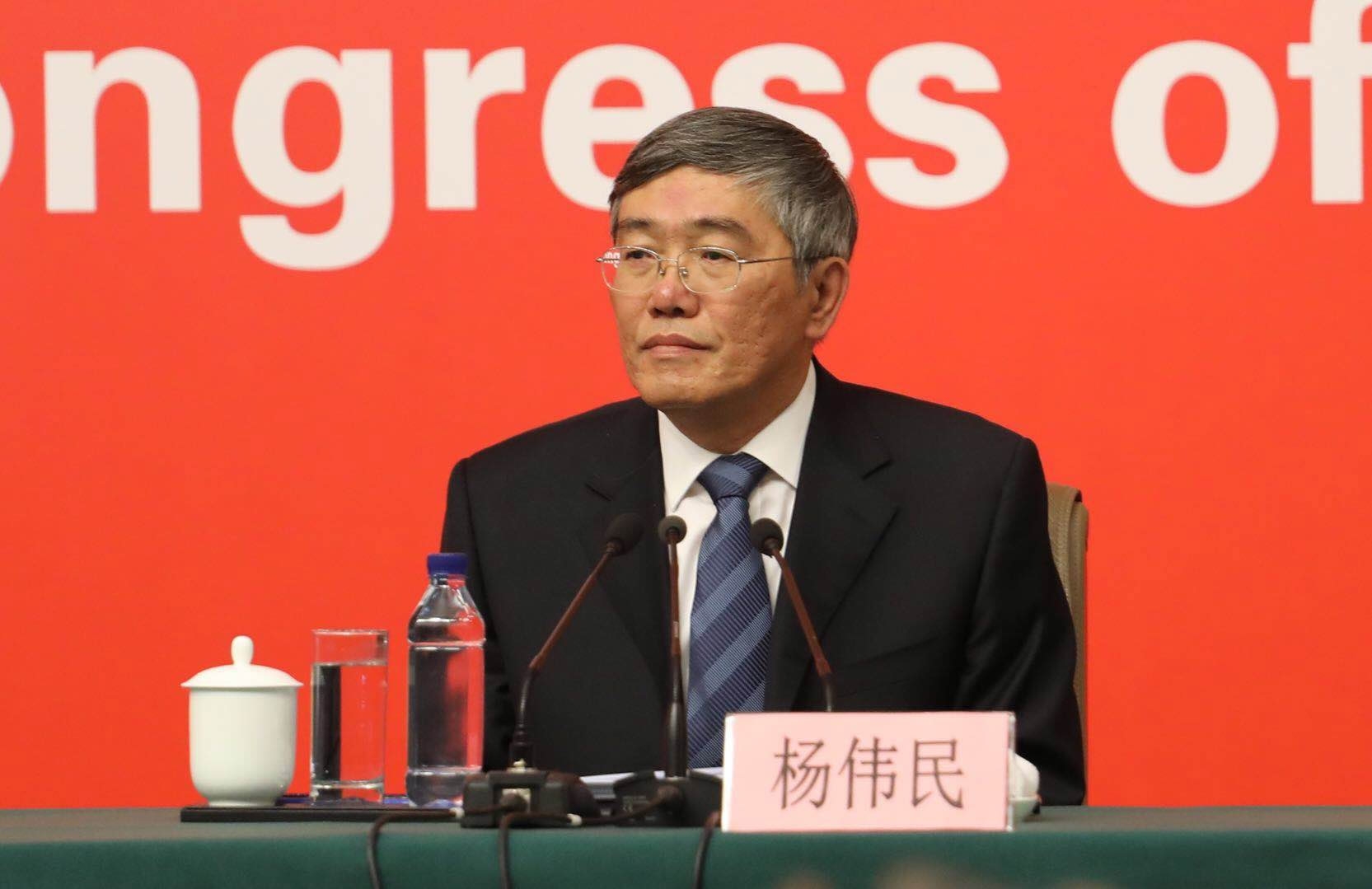
Yang Weimin, Deputy Director of the Office of the Central Leading Group on Financial and Economic Affairs/ CGTN Photo
Yang Weimin, Deputy Director of the Office of the Central Leading Group on Financial and Economic Affairs/ CGTN Photo
War on pollution
War has been declared on air, water and soil pollution in China, Li told journalists, conceding that while “notable results” had been achieved, “the challenge remains formidable.”
The minister said that China’s “environment has been improving at an unprecedented pace,” noting that PM2.5 levels in the Beijing-Tianjin-Hebei region, the Yangtze River Delta, and the Pearl River Delta were down by over 30 percent from 2013.
“Despite progress and improvement over the past years, the progress is not enough,” Li added. He also accepted that “efforts in rural areas had not been sufficient” and noted that problems in the countryside impact cities, most notably in terms of food and water supply.
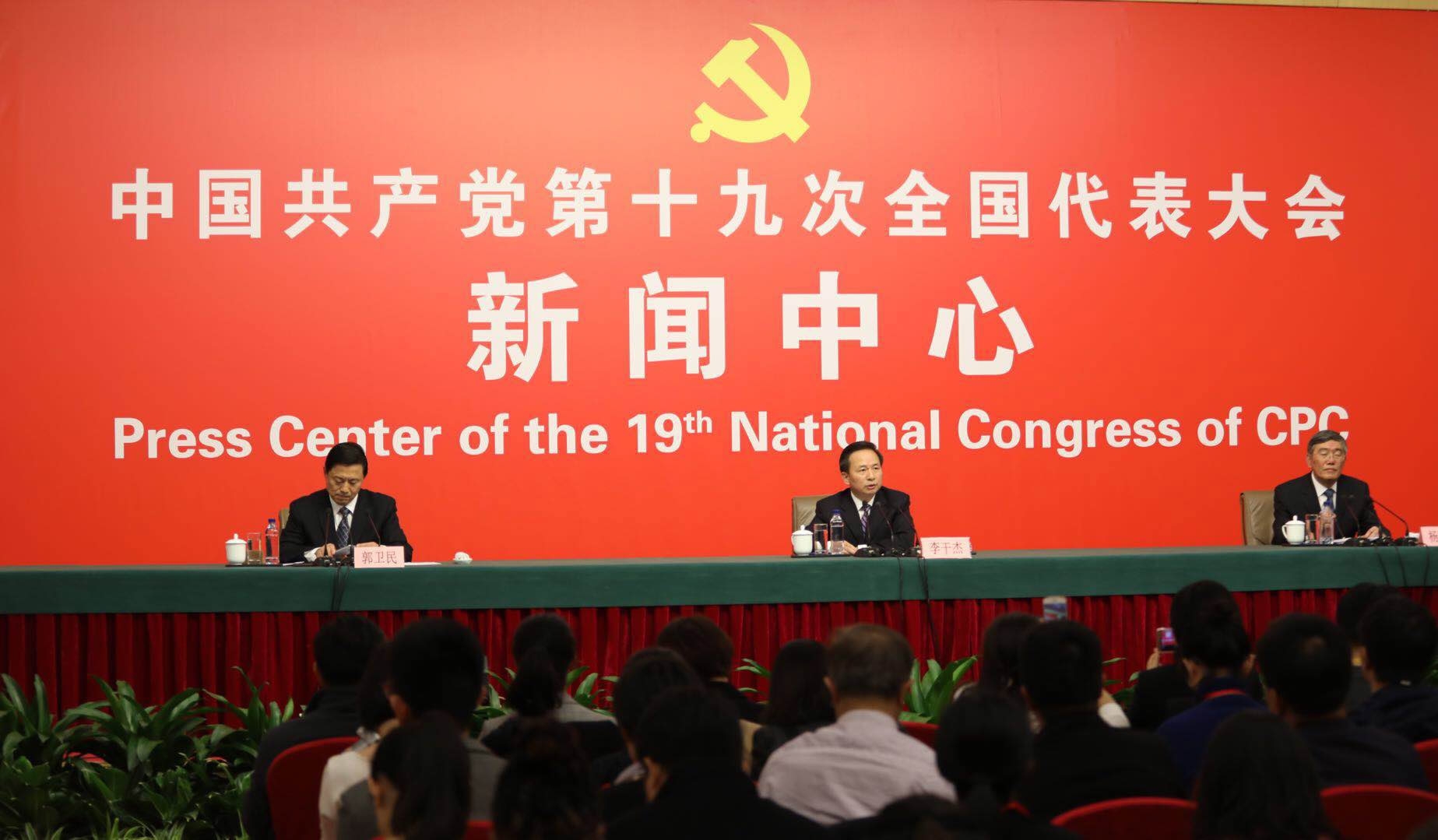
CGTN Photo
CGTN Photo
Yang identified three major tasks in relation to the environment: battling against pollution; strengthening weak links in ecological protection; and creating more eco-friendly products.
Falling short of expectations
The need “to meet people's ever-growing demands for a beautiful environment" was highlighted by Xi Jinping in his report last Wednesday.
In Monday’s press conference, there was an acceptance that while green development had been embraced, the public’s demands had not yet been met. “Pollution is still heavy and falls short of people’s expectations,” Li said. The minister even acknowledged a “public outcry” after heavy pollution last year.
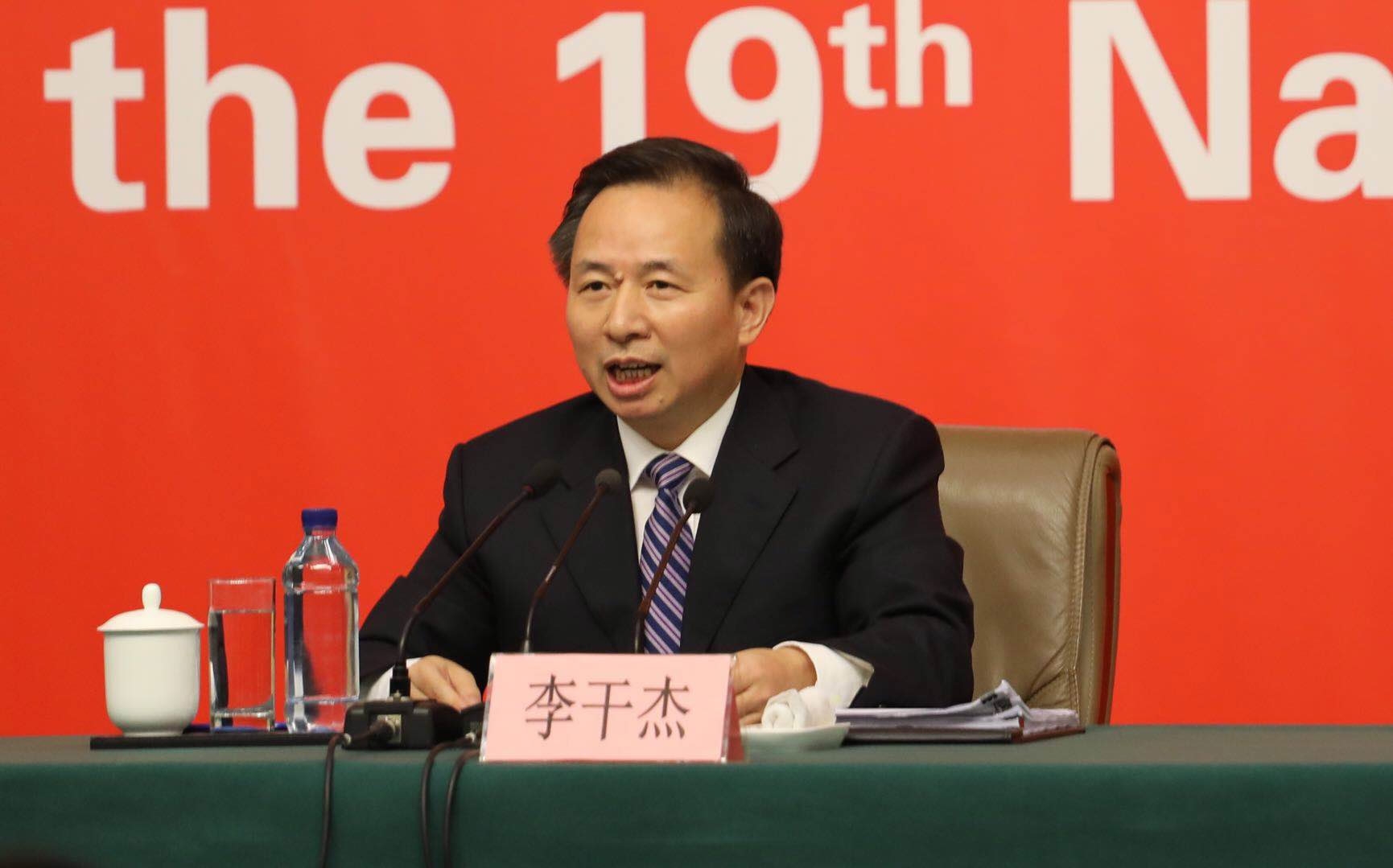
Li Ganjie, Minister of Environmental Protection/ CGTN Photo
Li Ganjie, Minister of Environmental Protection/ CGTN Photo
“We must tackle acute environmental issues head-on, especially air, water and soil pollution, which is a major public concern,” Li said.
Yang conceded that in the past “ecological development has been a weak link in national development and a weak spot in people’s lives.” He added that ecological progress and reform had brought tangible benefits over the past five years by reversing the trends of high resource consumption, heavy environmental pollution and ecological degradation.
Growth vs environment
The pursuit of a better environment often prompts fears of a decline in economic growth, but Li insisted that there would ultimately be a “positive core relationship” between the two factors.
The minister added that while it was “impossible that there will be no impact, over the long run the impact is minimal.” He noted that GDP, fiscal returns and trade remained strong over the past five years, despite a growing focus on environmental protection.
Yang added that China has grown fast, but the “ecological environment has become a weakness that impedes national development and public well-being.”
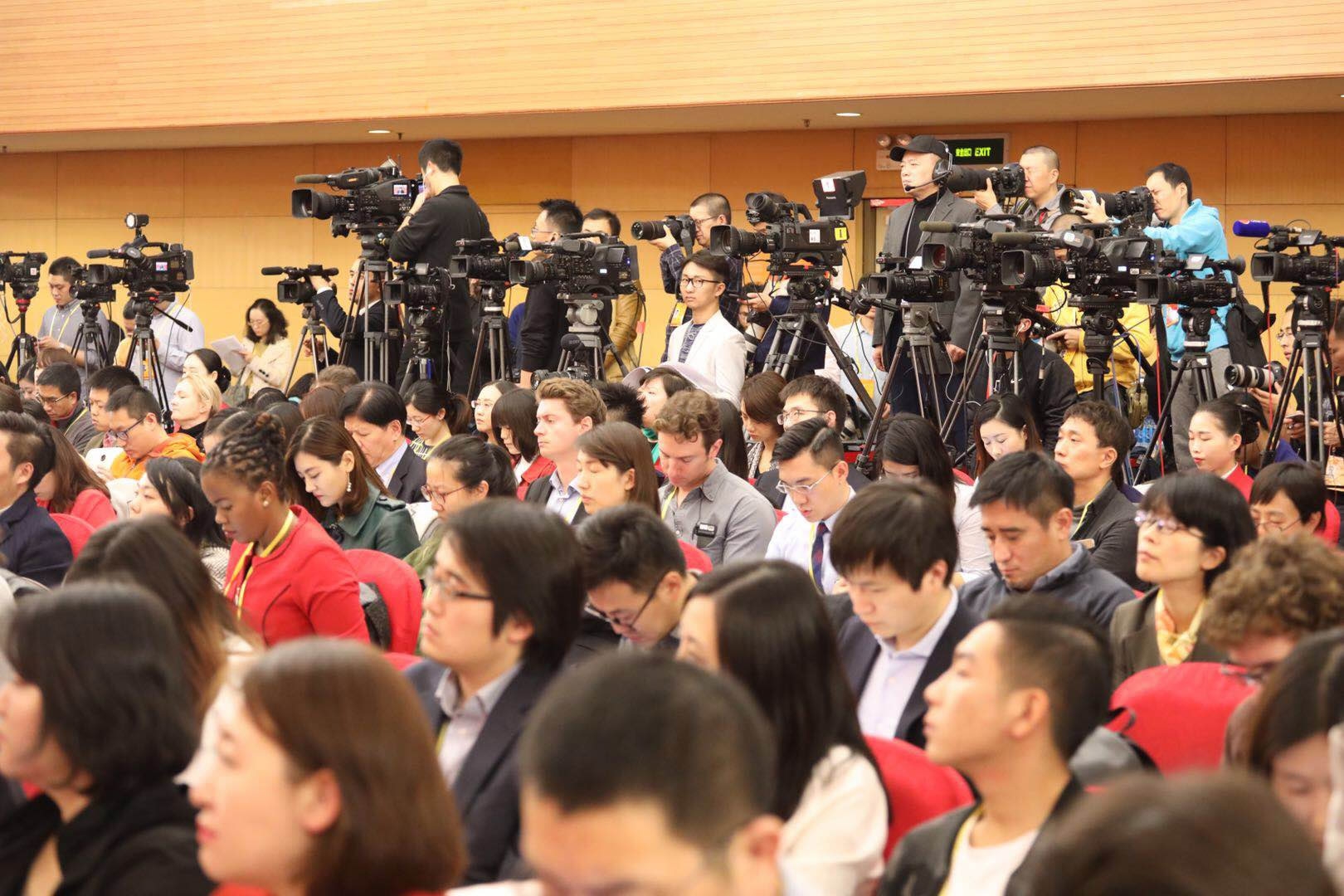
CGTN Photo
CGTN Photo
Employment
The unemployment rate has dropped in China over the past five years, but some fear a switch from unfriendly energy sources and greater restrictions on business could result in job losses.
China has announced it will cut 1.8 million coal and steel jobs over the coming years because of overcapacity, but Li insisted that environmental protection would not mean a fall in employment.
The possibilities for job switches and retraining could be an opportunity for China to further develop its skilled industrial base and point workers to new, innovative industries in which the country is fast-emerging as a world leader.
Green finance
Yang mulled the role of a market system in promoting ecological protection, and emphasized that there was “greater potential to be tapped” in green finance over the coming years.
China is now the world’s leading issuer of green bonds. Yang noted that 134 billion yuan in green bonds had been issued by China this year alone, 24 percent of the world’s total. The bond’s are set to be tradable on the Hong Kong Stock Exchange this year, furthering their development.
Yang added that a national fund for green development was under consideration, and pilot zones for the development of green finance were being set up.
Energy mix
China is the world’s largest investor in renewable energy – a topic that was barely touched upon in the press conference – but Li acknowledged that the energy mix was still dominated by coal and transport infrastructure remained too reliant on road.
The country now produces more power capacity from wind and solar than any other nation in the world, and is the leading manufacturer of solar panels. The dominance of coal seems likely to diminish rapidly with further investment and implantation of the renewables.
7km

SITEMAP
Copyright © 2018 CGTN. Beijing ICP prepared NO.16065310-3
Copyright © 2018 CGTN. Beijing ICP prepared NO.16065310-3